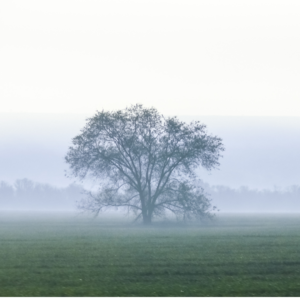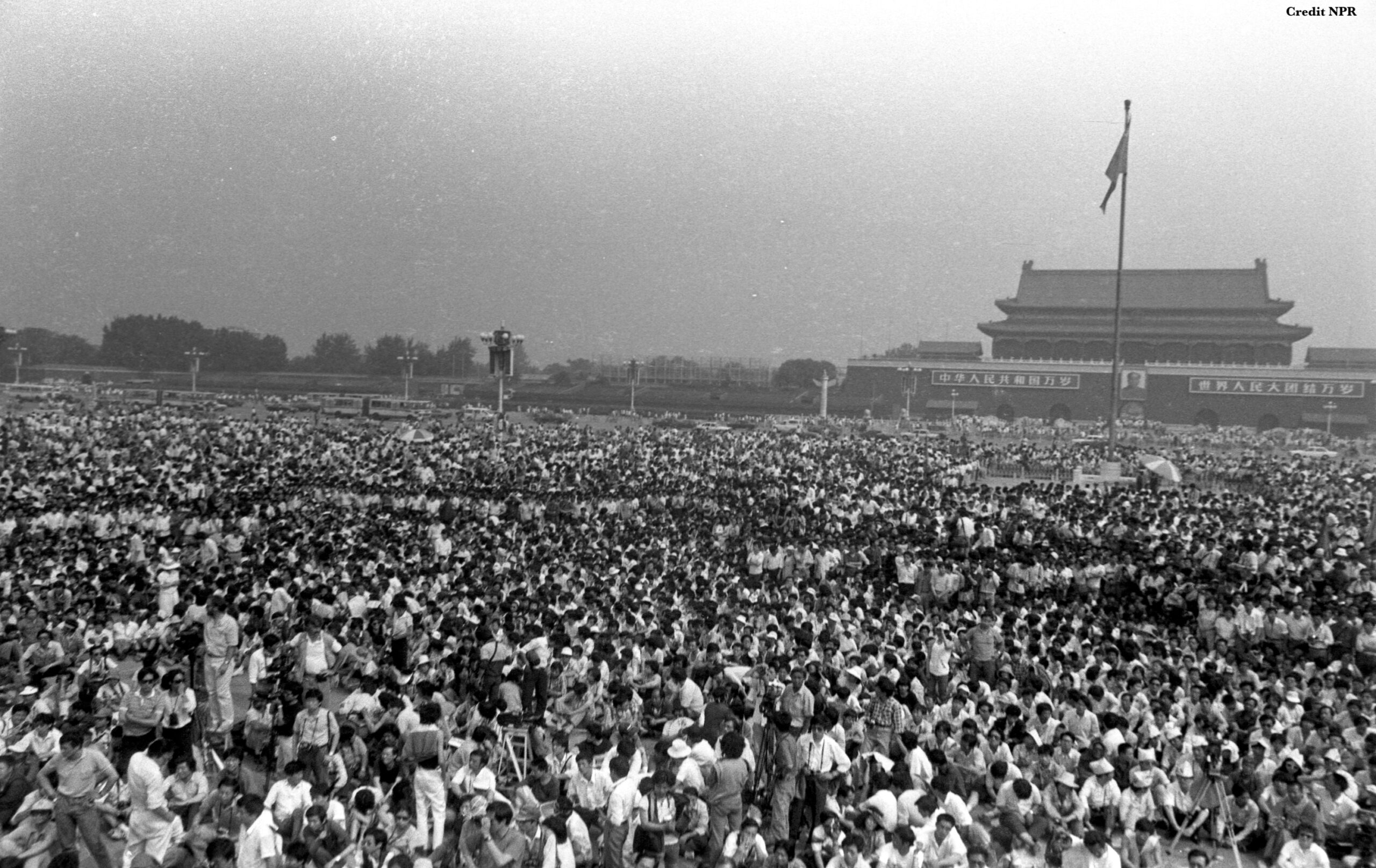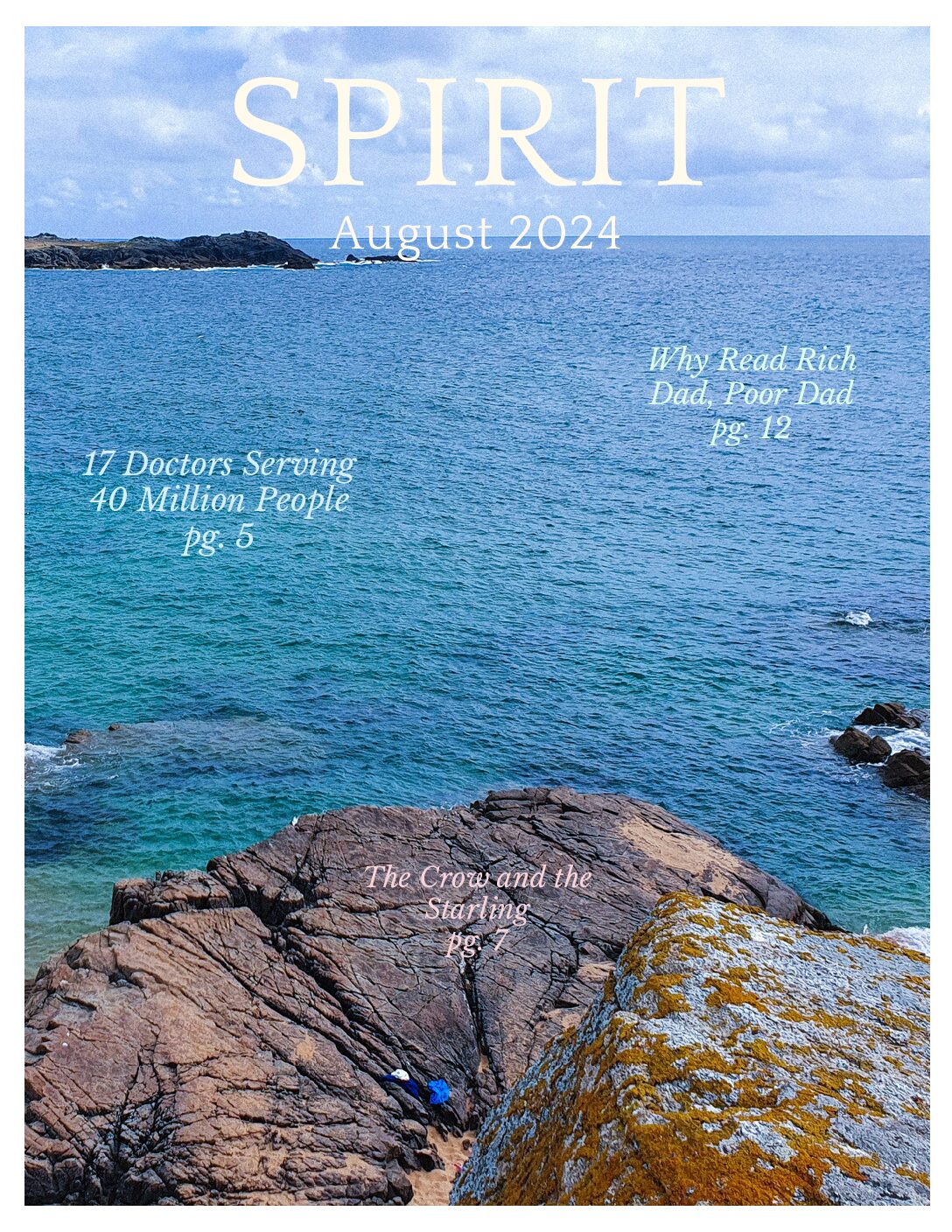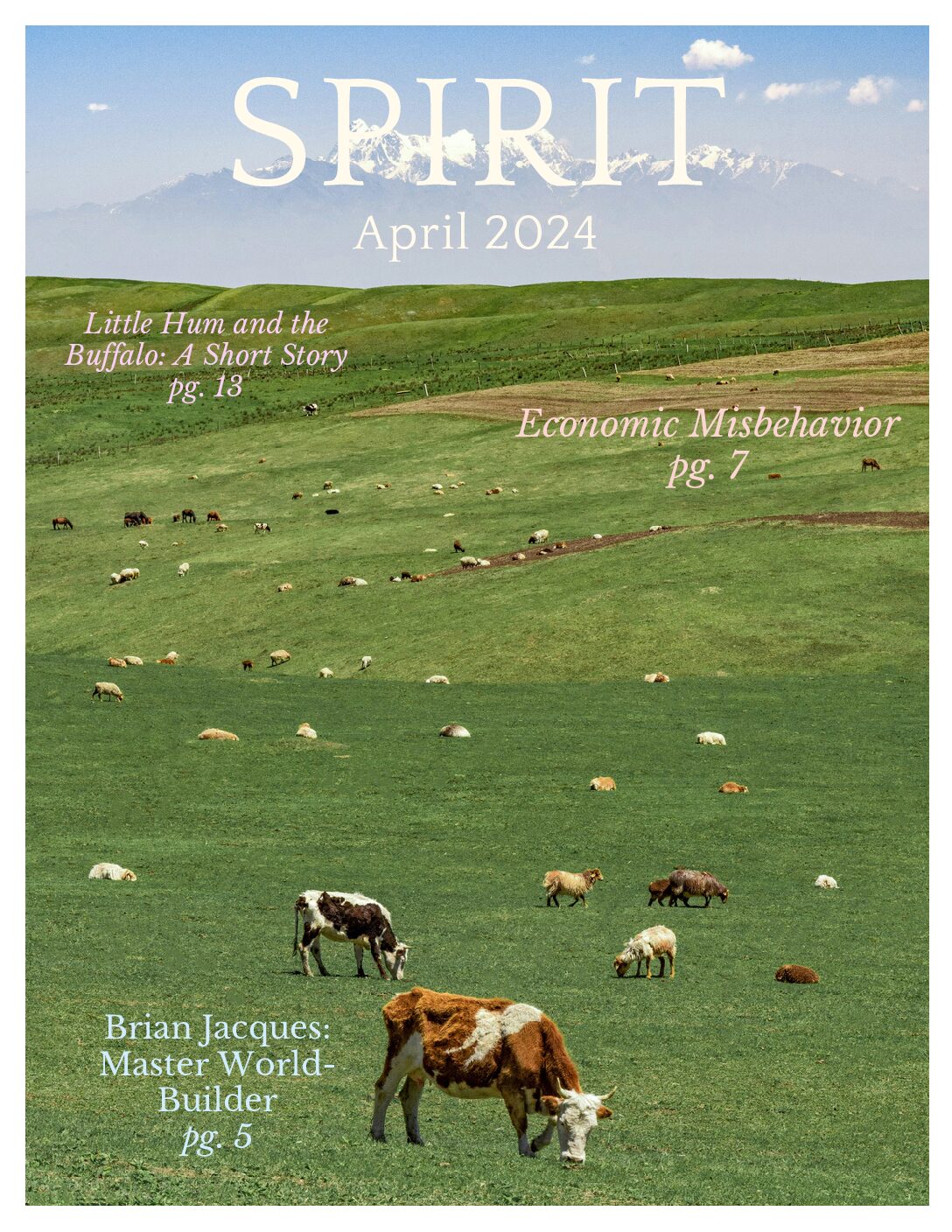Jane Eyre: An Essay


Jane Eyre: An Essay
By Jaanu
Prompted by an instance when I had to argue why a character’s response to a hierarchy in Jane Eyre was significant – I appreciated this prompt as it helped me  understand the article better.
understand the article better.
In Charlotte Brontë’s Jane Eyre, an understanding of soul by the titular character motivates her decisions despite the obstacles caused by her gender and socioeconomic status in society. The social hierarchy in Jane Eyre places value upon an individual’s wealth, outward beauty, and societal renown, over one’s personality, intelligence, and spirit. Over the course of the novel, and concurrently, over the course of her life, Jane learns that to satisfy herself best she must reject the social hierarchy of Victorian England. Jane’s choices throughout the novel, from her decision to leave school and learn more about the world, to her choice to abide by her own morality and leave Mr. Rochester after his illegitimate proposal of marriage, are unconventional in Victorian society because Jane values her self-sovereignty, understanding her autonomy to be a strength. Jane’s conviction that the inherent value of a person is the same as any other person and her distinction between soul and social situation is central to my interpretation of Jane Eyre as an assertion that one’s soul makes people equal no matter who they are. It is a criticism of the social hierarchy that characterized Victorian England as unjust.
 Injustice is evident in repressive Victorian expectations of a woman in Jane’s position, which suggest austerity and piety as a moral obligation and quiet obedience in character. Jane is “habitually obedient to John [Reed],” though he is cruel and abusive (17). She is unable to retaliate because, as a dependent in the Reed household, it is considered “[her] place to be humble” (21). Jane is expected by her aunt Reed and family at Gateshead to be quiet and muted; by treating her unjustly because she is a plain and poor girl, her family reveals early that Victorian standards for society favor men over women and beauty and wealth over what one’s character truly merits. Later, Jane herself states that being a “sanguine […] handsome child” (25) would have made her more loveable, though her heart aches and her reason rebels at the “agonizing stimulus” (25) of injustice in the home. This reiterates the novel’s message that outward qualities of beauty and vivacity of women lead to better treatment in Victorian society; moreover, by revealing Jane’s patient, self-aware, noble character, Brontë reveals the inherent unfairness of such a system. As an adult, living and working independently, Jane reflects upon and rejects the hierarchy, stating that “women are supposed to be very calm generally: but women feel just as men feel; they need exercise for their faculties, and a field for their efforts, as much as their brothers do; […] and it is narrow-minded in their more privileged fellow-creatures to say that they ought to confine themselves to making puddings and […] embroidering bags” (167). While Jane Eyre was published first as an “autobiography” and it is outwardly the story of a girl’s coming of age, Jane’s own intellectual metamorphosis allows the book to comment on the necessity of equality, one person (man or woman) to another.
Injustice is evident in repressive Victorian expectations of a woman in Jane’s position, which suggest austerity and piety as a moral obligation and quiet obedience in character. Jane is “habitually obedient to John [Reed],” though he is cruel and abusive (17). She is unable to retaliate because, as a dependent in the Reed household, it is considered “[her] place to be humble” (21). Jane is expected by her aunt Reed and family at Gateshead to be quiet and muted; by treating her unjustly because she is a plain and poor girl, her family reveals early that Victorian standards for society favor men over women and beauty and wealth over what one’s character truly merits. Later, Jane herself states that being a “sanguine […] handsome child” (25) would have made her more loveable, though her heart aches and her reason rebels at the “agonizing stimulus” (25) of injustice in the home. This reiterates the novel’s message that outward qualities of beauty and vivacity of women lead to better treatment in Victorian society; moreover, by revealing Jane’s patient, self-aware, noble character, Brontë reveals the inherent unfairness of such a system. As an adult, living and working independently, Jane reflects upon and rejects the hierarchy, stating that “women are supposed to be very calm generally: but women feel just as men feel; they need exercise for their faculties, and a field for their efforts, as much as their brothers do; […] and it is narrow-minded in their more privileged fellow-creatures to say that they ought to confine themselves to making puddings and […] embroidering bags” (167). While Jane Eyre was published first as an “autobiography” and it is outwardly the story of a girl’s coming of age, Jane’s own intellectual metamorphosis allows the book to comment on the necessity of equality, one person (man or woman) to another.
Jane Eyre further draws attention to the concept of fulfillment for one’s own soul, asserting that having a soul is what makes any person equal to another. A societal hierarchy directly opposes this truth of life. Early in the novel, when apothecary Mr. Lloyd asks Jane if she would be willing to live with poor relations as opposed to the rich but cruel Reeds, Jane refuses, unable to understand how poor people could be kind, and firm in her rebuttal that “poverty [is] synonymous with degradation” (39). Later, however, a more mature Jane is willing to leave behind Mr. Rochester and all his wealth, running away in utter poverty, to protect her soul and morality. As Jane grows older, she rejects hierarchy in this way, willingly sacrificing wealth and comfort to be able to respect and think for herself. Brontë illustrates Jane’s complete refusal to submit to Victorian England’s expectations as she asks and answers herself: “Who in the world cares for you? I care for myself” (478). Jane is ultimately her own mistress – remaining stalwart in her values allows her to retain her soul and “with it the certainty of ultimate safety” (478). As Jane comes to realize her connection with Mr. Rochester, she notes that “he is of [my kind] – I feel akin to him: […] though rank and wealth sever us widely, […] while I breathe and think, I must love him” (264). Brontë turns on its head Victorian standards for marriage and for love, citing instead Jane’s human connection with Rochester’s human soul as grounds for true love. When Jane herself declares her place as an equal to Rochester, it is her claim that she is possessed of “as much soul, and full as much heart” as Rochester despite being vastly inferior in the social hierarchy that makes the two “at God’s feet, equal” (381). Brontë’s rejection of every quality disfavored by the social hierarchy of Victorian England is epitomized in this moment; Jane believes wholly that, though she is “poor, obscure, plain, and little, [she is not] soulless and heartless” (381). Thus, Jane, and Brontë, recognize her value as a person independent of the hierarchy in which she has been raised. Jane’s worth comes from being possessed of a soul – that “strange, […] unearthly thing” within her, which makes her valuable and truly attractive.
I believe this is what makes Jane Eyre a remarkable text and a statement of women’s rights and human rights. Jane Eyre can be interpreted as much more than a romance because of Jane’s ability to find love without sacrificing herself and as an equal with a man far above her in the social hierarchy. By refusing to submit to a system inherently unjust, Jane represents the soul as grounds for socioeconomic and gender equality as the meaning of the work as a whole. Jane Eyre is a novel with shades of meaning, that grows more beautiful over time as I understand more of it. It is at its root a story of empathy – not only the story of an independent woman who overcomes barriers of social hierarchy to find fulfillment because of the imperishable soul she possesses – because, hearteningly, a soul is something we have all got. 









